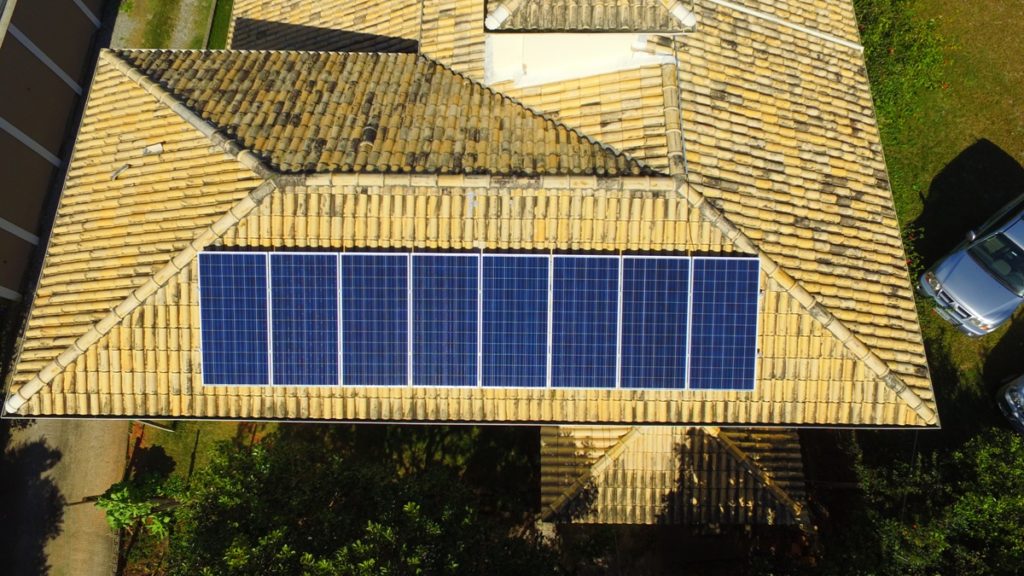PV systems installed under Brazil's net metering scheme have reached 70 MW as of the end of March, according to data provided by local energy regulator ANEEL.
In March, 463 systems with a combined capacity of 2.8 MW were connected to the grid in Brazil. Overall, around 9,300 installations totaling 70.7 MW have been energized under the net metering scheme to date.
Minas Gerais is the Brazilian state with the largest share, with 2,000 installations and 21 MW of installed capacity, followed by Sao Paulo and Rio Grande do Sul with 9 MW each.
Several Brazilian states such as Sao Paulo have adopted specific measures to support net metering. The last two states to have implemented the scheme are Goiás, which launched an initiative in February, and Santa Catarina, which has put in place a pilot incentive program for residential installations.
On the other hand, in 2016 the Brazilian government has introduced a package of measures to improve net metering conditions at a national level. The measures include better financial conditions for project loans and the increase of the size limit for projects under net metering to 5 MW.
This content is protected by copyright and may not be reused. If you want to cooperate with us and would like to reuse some of our content, please contact: editors@pv-magazine.com.



By submitting this form you agree to pv magazine using your data for the purposes of publishing your comment.
Your personal data will only be disclosed or otherwise transmitted to third parties for the purposes of spam filtering or if this is necessary for technical maintenance of the website. Any other transfer to third parties will not take place unless this is justified on the basis of applicable data protection regulations or if pv magazine is legally obliged to do so.
You may revoke this consent at any time with effect for the future, in which case your personal data will be deleted immediately. Otherwise, your data will be deleted if pv magazine has processed your request or the purpose of data storage is fulfilled.
Further information on data privacy can be found in our Data Protection Policy.